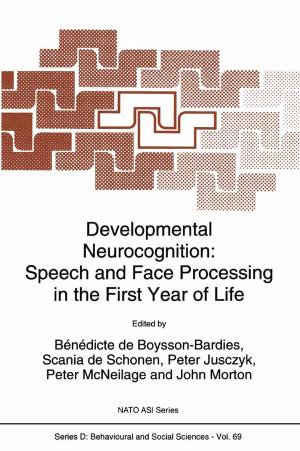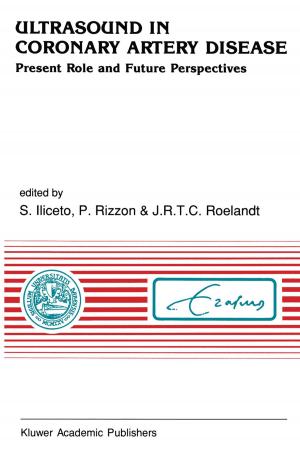Teaching and Learning the European Union
Traditional and Innovative Methods
Nonfiction, Reference & Language, Education & Teaching, Counseling & Guidance, Higher Education| Author: | ISBN: | 9789400770430 | |
| Publisher: | Springer Netherlands | Publication: | October 4, 2013 |
| Imprint: | Springer | Language: | English |
| Author: | |
| ISBN: | 9789400770430 |
| Publisher: | Springer Netherlands |
| Publication: | October 4, 2013 |
| Imprint: | Springer |
| Language: | English |
This volume examines the EU’s changing educational context and its challenges. Based on an extensive survey of more than 2000 European Studies courses in 30 European countries, it maps and analyses the features of teaching methodologies as they emerge from both disciplinary as well as interdisciplinary curricula. It presents a series of case studies on some of the most-used innovative teaching tools emerging in the field such as simulation games, e-learning, problem based learning, blended learning, and learning through the use of social networks. Based on the contributors’ own experiences and academic research, the book examines both strengths and possible pitfalls of these increasingly popular methods. The book’s critical approach will inspire educators and scholars committed to improving the teaching methods and tools in the area of European Studies and other programmes of higher education facing similar challenges.
This volume examines the EU’s changing educational context and its challenges. Based on an extensive survey of more than 2000 European Studies courses in 30 European countries, it maps and analyses the features of teaching methodologies as they emerge from both disciplinary as well as interdisciplinary curricula. It presents a series of case studies on some of the most-used innovative teaching tools emerging in the field such as simulation games, e-learning, problem based learning, blended learning, and learning through the use of social networks. Based on the contributors’ own experiences and academic research, the book examines both strengths and possible pitfalls of these increasingly popular methods. The book’s critical approach will inspire educators and scholars committed to improving the teaching methods and tools in the area of European Studies and other programmes of higher education facing similar challenges.















